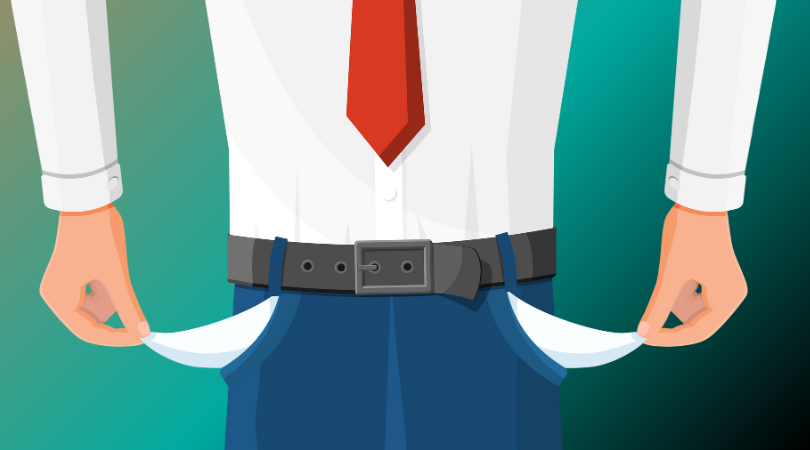

Almost everyone would agree that it’s important to save. After all, having savings can act as a buffer against rising prices and can help see you through periods where, for one reason or another, your income is reduced. They’re also something you can draw on during emergencies. And, saving can be the first step towards financing a particular dream you might have
But while we know having savings is ideal, is it always possible? Specifically, is it possible to save on a limited income?
“When you have limited income, you have limited options,” says personal finance strategist Marcia Armstrong. She acknowledges that if your salary only covers the necessities – food, shelter, and clothing – saving isn’t likely to be a priority.
One option if your finances are very tight is to look for ways to turn a hobby, a talent, or a skill you have into a second source of income. If you’re able to monetise something that you already do, that can give you some extra money that you can channel into savings.
While saving may indeed be out of reach for some people right now, it’s also possible that, even if your income is limited, you have more money that you can put towards savings than you realise. One way of determining that is to take a closer look at your spending.
Very often, we spend money on things that seem small – and, in fact, might be if we did them on a one-off basis – but that add up quickly if we do them regularly. Buying breakfast or lunch or both on a daily or almost daily basis (rather than making your own) can eat up a lot of our income without us realising it. The same thing applies to online subscriptions for streaming services and other websites, especially when they continue to renew automatically long after we stop using them.
It’s worth it, therefore, to do a careful review of where your money goes and to look for areas where you can cut back, giving you some disposable income.
You might be thinking that the extra money you end up with when you reduce or eliminate those types of expenses isn’t enough to save, but that’s not true.
While some people in the personal finance industry will recommend saving a specific dollar value or percentage monthly, Armstrong says that’s not always possible. Rather, she believes it’s important to be realistic. “Don’t hang your hat too high. Don’t get overly ambitious. Don’t say ‘I want to save $500 when the month comes’ and then go back to the ATM and take off $300.”
Starting small is still starting. After all, if it adds up when you’re spending it, it adds up when you’re saving it.
Just as your savings goal is personal to you, so is the way you approach reaching it. Armstrong calls it your “money personality.” She says that for some people, using a jar to save coins will work. Some might be inspired by saving challenges. Others might decide to set aside a particular denomination of banknote every time they receive one. “Find ways that you can gamify it and make it interesting. At the end of the day, it’s about being motivated and being disciplined in your journey.”
Saving on a limited income can be a challenge, one that may first mean tapping into your skills to find an additional source of income or cutting back on the small conveniences or non-essentials you enjoy. Even then, the key is to start small, set realistic goals, and be disciplined. If you can do that, the end result will be more than a sum of money you have set aside, it will be the peace of mind you have knowing you have something to fall back should the unexpected occur.
Visit our MoneySmart hub for more articles, videos, and tips on how to secure your finances. Have a specific question you’d like answered? Submit it and it could be answered in our Ask the Expert column.